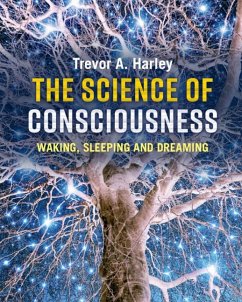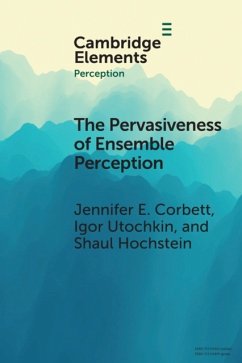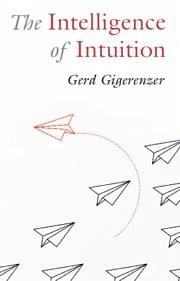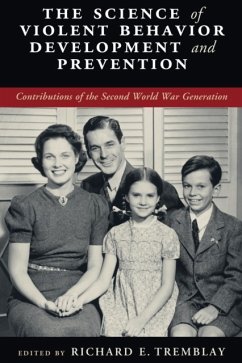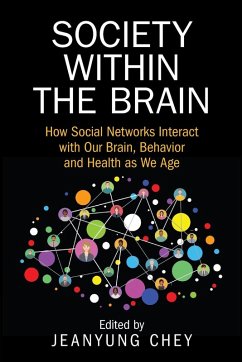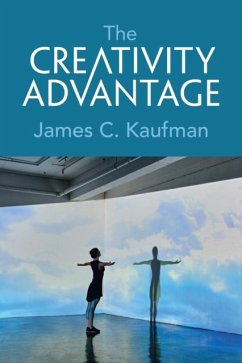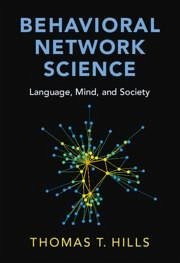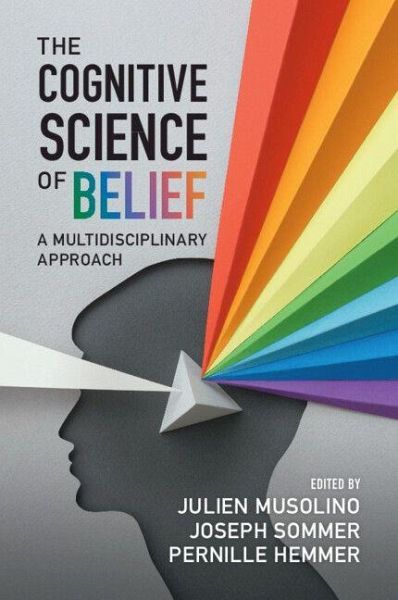
The Cognitive Science of Belief
Versandkostenfrei!
Versandfertig in über 4 Wochen
49,99 €
inkl. MwSt.

PAYBACK Punkte
25 °P sammeln!
Beliefs play a central role in our lives: they shape the functioning of our minds, they define the boundaries of our cultures, and they guide our motivation and behavior. This volume is the ideal companion for students and specialists across a broad range of disciplines who are interested in beliefs.





